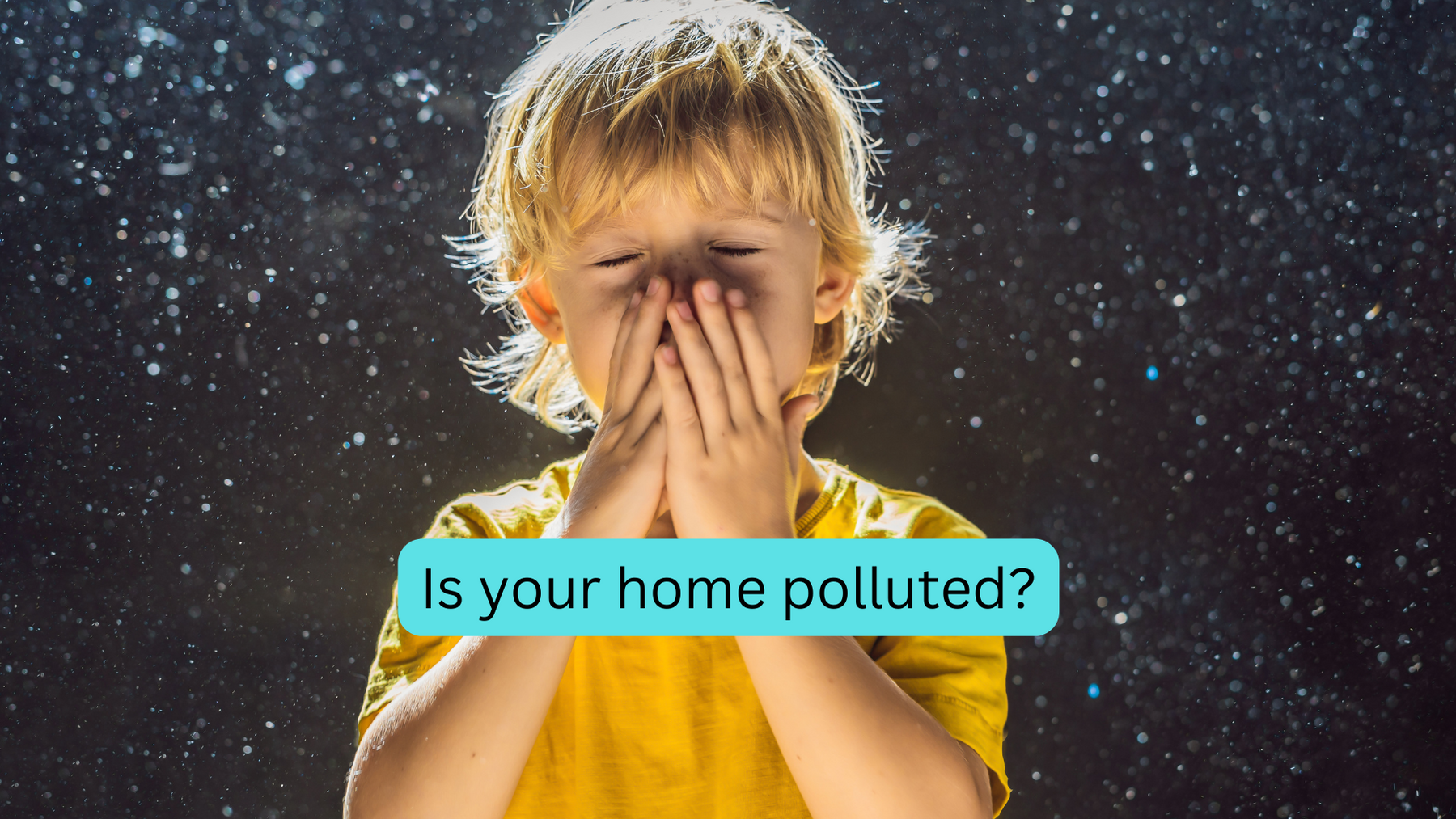
Air Pollution and Your Infant
The environment that you raise your infant in has profound effects on your baby’s health. Air pollution is one of the hidden dangers that can have severe health consequences for your newborn. Air pollution, both from within your home and outside, can cause respiratory issues, skin diseases, and even death (State of Global Air). As a parent, you must take the necessary steps to ensure that the environments you place your child in are optimal for their health.
Pollution Outside Your Home
Air pollution is prevalent both inside and outside your home. Particulate matter is one of the most common air pollutants that can be found outside your home (NSW Government). These particles are made up of things like nitrates, sulfates, and dust. These particles become suspended in the air allowing them to be breathed in by unsuspecting individuals. The health consequences of this can be severe: reduced lung function, development of respiratory diseases, increased chance of disease, among other things. With your infant in mind, these particles can be potentially deadly. The second leading cause of neonatal deaths globally is actually caused by particulate matter. To prevent any health consequences caused by particulate matter, make sure to check the air quality index of the area you live in to see if it is safe to take your child outside your home. Additionally, avoid taking your child anywhere near busy traffic ways or industrial areas. These areas are more likely to produce particulate matter that can jeopardize your infants’ health.
Pollution Inside Your Home
Pollution is commonly thought to be relegated to the outside world. However, it is actually household air pollution that is the leading cause of pollution-related deaths for newborns. Many households often use solid fuels– wood, waste, charcoal, etc– that can have serious health consequences for both you and your newborn (WHO). The small particles that are created from the use of these fuels can have similar health effects that particulate matter can have on your physical health. Other common household pollutants include dust, biological pollutants, and carbon monoxide. Particularly, women and children are more likely to suffer from the effects of these pollutants as, generally, they spend more time in the home. Newborns are especially susceptible to these toxins as their respiratory system is still developing. Because of this, newborns are more likely to develop a respiratory illness.
How to Prevent Pollution Inside Your Home
It may seem quite scary when you consider the negative health effects that air pollution can have in your home. Despite this, there are steps that you can take to help prevent some, if not all, of these pollutants:
-
Limit the Use of Solid Fuels in your Household
- By doing so, you can decrease the risks of pollutants that can affect both you and your newborn’s health.
-
Consider a Humidifier
- A humidifier can offer numerous health benefits for both you and your newborn. A humidifier like the Miro MH7000 with its UV technology can limit the amount of bacteria and pollutants in the air while maintaining healthy humidity levels.
-
Limit Carpeting
-
Clean Often
- Cleaning your home often ensures that the amount of pollutants in your home stays limited.
